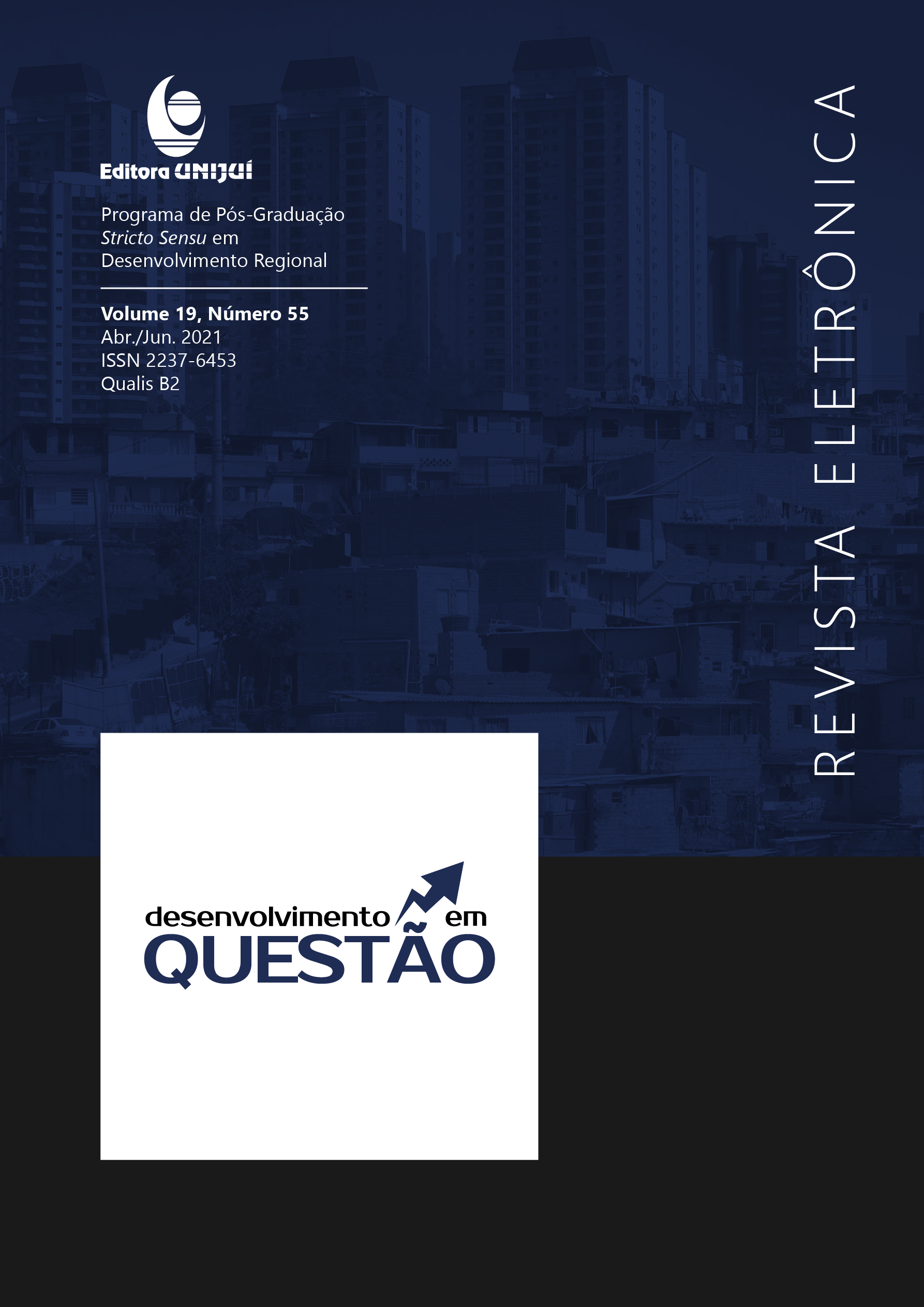COLLABORATIVE NETWORKS FOR SELECTIVE COLLECTION PROMOTION WITH SOCIAL INCLUSION OF RECYCLABLE WASTE PICKERS: ARTICULATION SCENARIOS IN SÃO CARLOS-SP
COLLABORATIVE NETWORKS FOR SELECTIVE COLLECTION PROMOTION WITH SOCIAL INCLUSION OF RECYCLABLE WASTE PICKERS: ARTICULATION SCENARIOS IN SÃO CARLOS-SP
DOI:
https://doi.org/10.21527/2237-6453.2021.55.10937Keywords:
Collaborative networks. Recyclable waste pickers. Selective collection.Abstract
Solid waste municipal public policies have not followed the National Solid Waste Policy’s proposals and recyclable waste pickers, commonly aligned with the principles of Solidary Economy, find it difficult to get themselves inserted in the selective collection projects. Considering that supporters joint network can help to overcome this problem, the objective is to characterize supportive initiatives to the selective collection program of São Carlos-SP and the Waste Pickers Cooperative of São Carlos-SP (Coopervida) and identify their articulation strategies. The method consisted of literature review and documental analysis, resulting in four analysis scenarios. The occurrence of several joint network strategies contributed to the development of the selective collection program and maintenance of Coopervida, as well as the presence of institutions linked to the solidarity economy in all scenarios. The city still needs to advance coming to solid waste public policies establishment with popular participation.
Downloads
Published
How to Cite
Issue
Section
License
By publishing in Revista Desenvolvimento em Questão, authors agree to the following terms:
All works are published under the Creative Commons Attribution 4.0 International License (CC BY 4.0), which allows:
Sharing — to copy and redistribute the material in any medium or format;
Adaptation — to remix, transform, and build upon the material for any purpose, even commercially.
These permissions are irrevocable, provided that the following terms are respected:
Attribution — authors must be properly credited, a link to the license must be provided, and any changes made must be indicated.
No additional restrictions — no legal or technological measures may be applied that legally restrict others from doing anything the license permits.
Notices:
The license does not apply to elements that are in the public domain or covered by legal exceptions.
The license does not grant all necessary rights for specific uses (e.g., image rights, privacy, or moral rights).
The journal is not responsible for the opinions expressed in the articles, which are the sole responsibility of the authors. The Editor, with the support of the Editorial Board, reserves the right to suggest or request modifications when necessary.
Only original scientific articles presenting research results of interest that have not been previously published or simultaneously submitted to another journal with the same purpose will be accepted.
Mentions of trademarks or specific products are intended solely for identification purposes and do not imply any promotional relationship by the authors or the journal.
License Agreement (for articles published from 2025 onward): Authors retain the copyright to their article and grant Revista Desenvolvimento em Questão the right of first publication.











